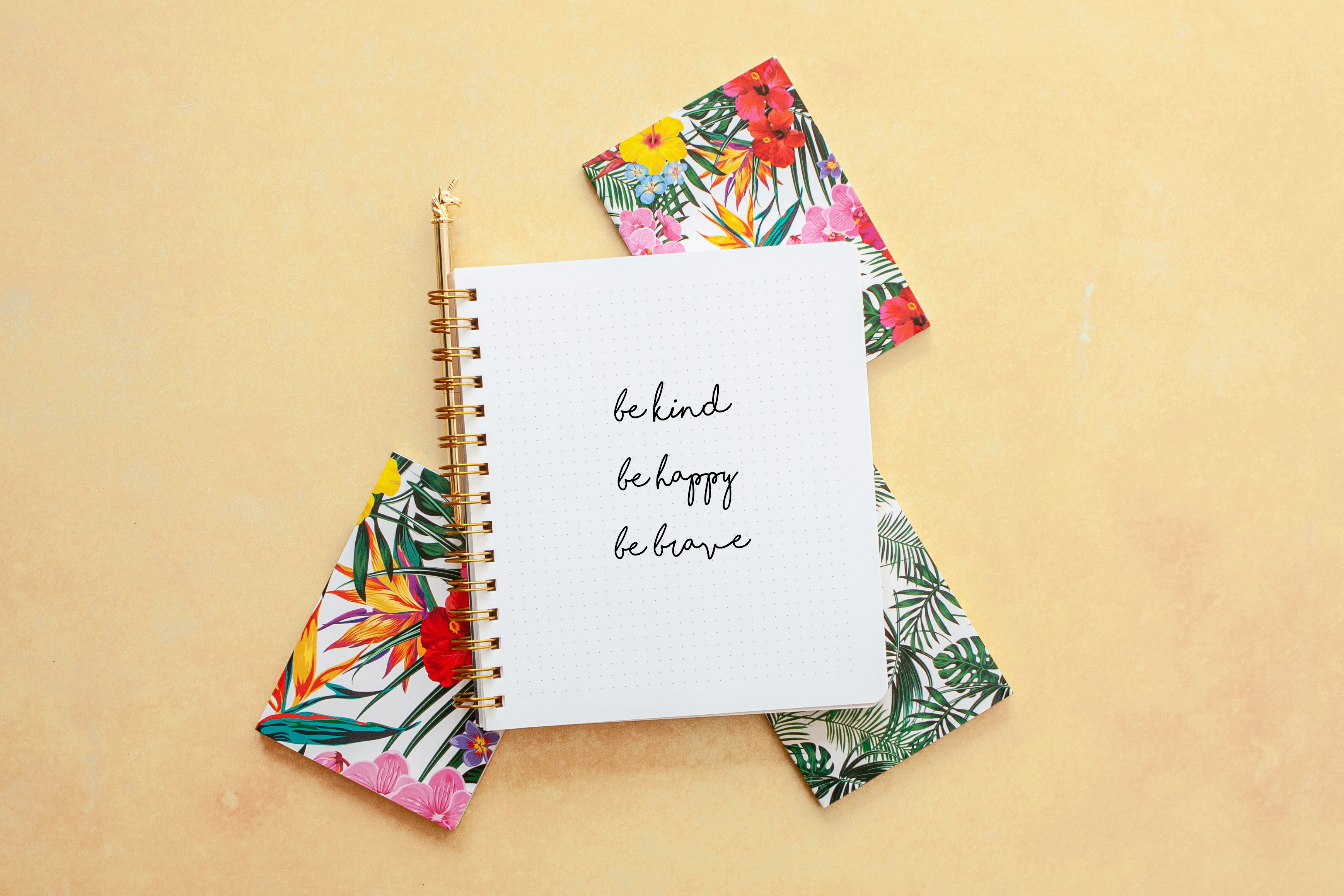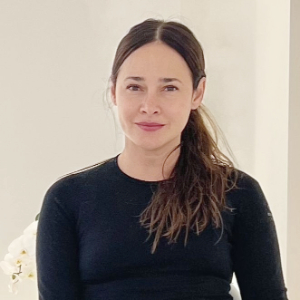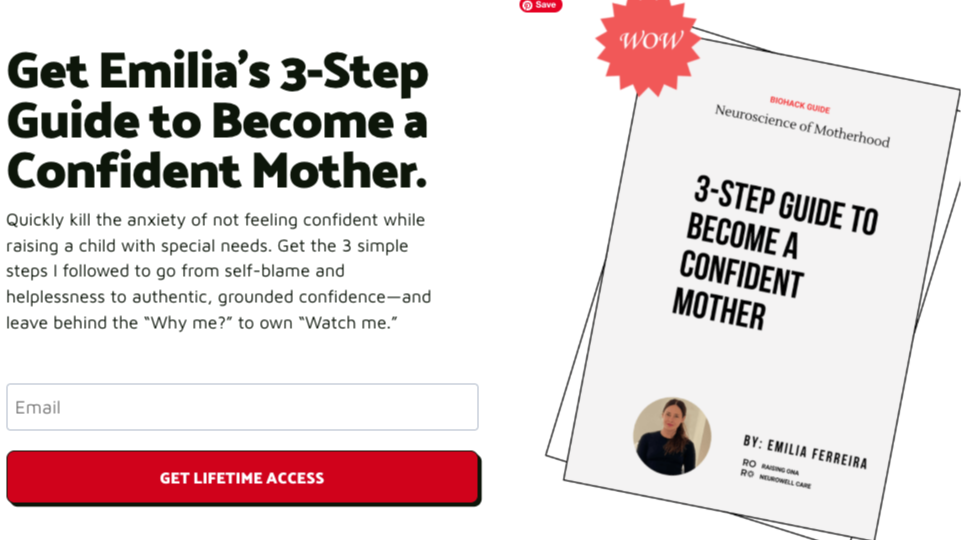
Why ‘Kind Kids’ Might Be the Problem
Let’s begin with a hard, un-airbrushed truth:
We are raising our children to segregate—gently, politely, invisibly.
No one puts it on a curriculum. No one names the lesson. But somewhere between story time and recess, it happens:
the encoding. The silent download.
We say "be kind" and we say "help others."
We say "include everyone," but we don’t mean include as in equal.
We mean: be generous to the ones you see as lesser.
It’s a lesson soaked in centuries of hierarchy, smuggled into schools on the backs of smiling posters and rainbow-colored moral mantras.
This is not kindness.
It’s condescension wrapped in sugar paper.
Children aren’t born knowing how to condescend.
They watch us.

They see how the child in the wheelchair is never invited over for playdates, only brought in for the class photo.
They see how we praise them when they "help the special kid," like they’ve done a public service.
They learn that difference is a project to manage, not a relationship to deepen.
And before long, their bodies—those miracle neural sponges—start associating difference with discomfort.
Helpfulness becomes a power play.
Compassion becomes currency for self-worth.
Because let’s be honest—when a child “helps” another in this way, it’s almost always met with adult applause:
"That’s so sweet of you.”
"You’re such a good kid."
But what we’re really rewarding is their distance.
Their perch.
Their comfort in the position of the helper—never the helped.
And we’re so deep in this script, we forget to ask:
What would it mean to raise a child who doesn’t see disability as something to rise above,
but something to be with?

To be with, not to fix.
To relate to, not to rescue.
To understand that equality doesn’t always look symmetrical, but it feels reciprocal.
Let me pause here and say: I’m a mother of a child with a neurological condition.
And I see the difference.
Not just in my child—but in how other children are taught to see her.
Sometimes with wide, curious eyes.
Sometimes with a gentle distance, the kind that feels like respect but is really the fear of saying the wrong thing.
And often—most painfully—with performative kindness.
Pity dressed as virtue.
I am not here to villainize children.
They are learning, yes. But they are not learning from the air.
They are learning from us.
From a society that still equates helping with hierarchy.
From a system that positions disability as deviation, not dimension.
The truth is, the deepest discrimination isn’t loud.
It’s not the slur or the bullying.
It’s the soft segregation of good intentions.
And this, this is what we must name.

Because if we don’t name it, we nurture it.
If we don’t name it, we repeat it in the way we praise one child and overlook the other.
In the way we design classrooms, playgrounds, futures.
In the way we build a world where some are always the hosts and others the grateful guests.
So what do we do?
We begin by dismantling our own frameworks of virtue.
We unlearn the belief that to be kind is to be superior.
We teach our children—not just with words, but with our lives—that equality is not an act, but a practice.
That inclusion isn’t charity.
That real connection doesn’t come with applause.
Let’s stop raising “good kids.”
Let’s raise aware ones.
Let’s raise ones who don’t need gold stars for recognizing shared humanity.
Because the future doesn’t need more heroes.
It needs more humans who see, sit beside, and stay.



